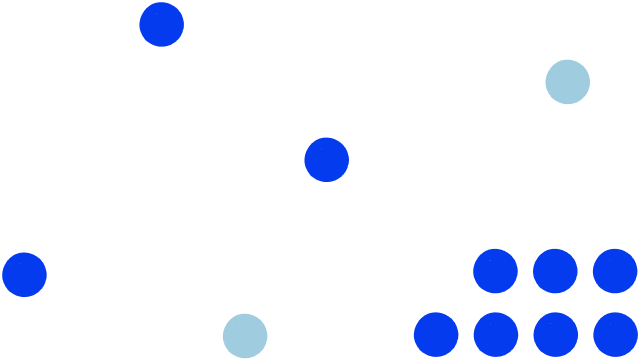What Is Biomedical Informatics?
Biomedical informatics is a multidisciplinary field that uses information science and technology to solve problems in biomedical research, healthcare, and public health. It is concerned with acquiring, storing, analyzing, and interpreting biomedical data and developing information systems to support these activities.
Biomedical informatics is a rapidly growing field driven by the increasing availability of biomedical data and the need for better ways to manage and analyze this data.
Biomedical informaticists are involved in a wide range of activities, including:
- Developing and managing electronic health records (EHRs)
- Designing and implementing clinical decision support systems (CDSSs)
- Researching the use of data mining and machine learning in healthcare
- Developing new methods for data visualization and interpretation
- Promoting the use of information technology to improve healthcare quality and efficiency
Some examples of biomedical informatics applications include:
- Using EHR data to identify patients who are at risk for certain diseases
- Developing CDSSs to help clinicians make better decisions about patient care
- Using data mining to identify new patterns of disease
- Developing new methods for visualizing and interpreting medical images
Biomedical informatics is a rapidly growing field with a wide range of applications. It is a valuable tool for improving healthcare quality, efficiency, and outcomes.
Here are some of the benefits of using biomedical informatics in healthcare:
- Improved patient care: By giving clinicians more information and assisting them in finding patterns in patient data, biomedical informatics can help them provide better patient care.
- Increased efficiency: By automating tasks and giving clinicians access to the data they require when needed, biomedical informatics can help simplify healthcare procedures and lower costs.
- Improved public health: Biomedical informatics can track the spread of diseases, identify risk factors, and develop new interventions to improve public health.
Biomedical informatics is a rapidly growing field that uses information science and technology to solve problems in biomedical research, healthcare, and public health. It is concerned with acquiring, storing, analyzing, and interpreting biomedical data and developing information systems to support these activities.
Biomedical informatics is valuable for improving healthcare quality, efficiency, and outcomes. It can help clinicians make better decisions about patient care, streamline healthcare processes, and track the spread of diseases.
